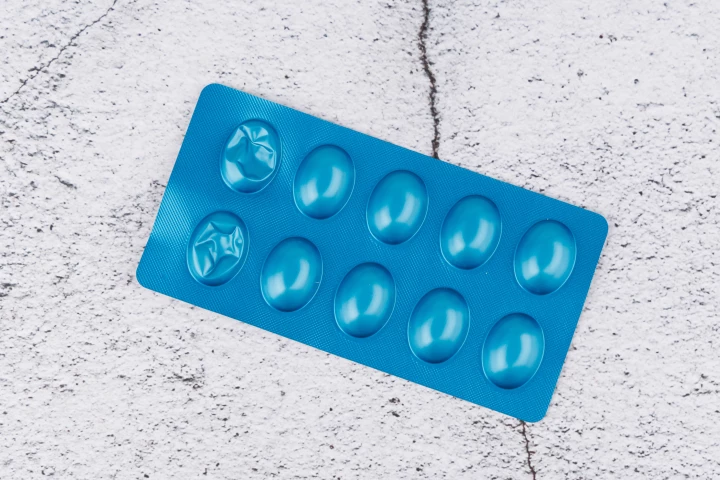Heart Disease
-
After two decades in the making, scientists have cracked the code on a drug that can repair DNA, setting the scene for a new class of therapeutics that can fix tissue damage that occurs through heart attack, inflammatory disease and other conditions.
-
The World Health Organization has finally made its recommendations on using GLP-1 therapeutics for weight loss, though it remains to be seen whether it changes their status for prescribing or price. And scientists still have some concerns.
-
In a world-first trial, scientists used a one-off CRISPR gene edit to switch off a liver “fat brake” gene, slashing stubborn LDL cholesterol and triglycerides in patients whose levels refused to budge on standard treatments.
-
A large international study of more than 23,000 patients has found that common medicines used to treat high blood pressure and cholesterol, as well as heartburn, may be impacting cancer treatment effectiveness.
-
A promising “two-in-one” experimental drug could tackle both type 2 diabetes and heart disease by slashing cholesterol and inflammation, potentially offering a powerful new way to protect the heart and improve metabolism.
-
In a breakthrough for diagnostics, scientists have created an effective and easy test that identifies a heart failure biomarker in saliva, opening the door to more rapid and accessible life-saving medical interventions for this disease – and others.
-
After examining 13 million hours of light exposure data, researchers found that experiencing bright light during the dark hours can significantly increase the risk of heart failure and heart attack. The effect was most notable in younger adults.
-
The age of the GLP-1 drug has reached yet another milestone, with the US Food and Drug Administration green-lighting Novo Nordisk's once-daily oral semaglutide pill to treat people at high risk of cardiovascular events like heart attack and stroke.
-
A daily cocoa supplement appears to reduce age-related inflammation, according to the largest study of its kind. The findings support earlier evidence that flavanols from plants like cocoa may help protect the heart and even slow biological aging.
-
The US Food and Drug Administration (FDA) has approved the first intranasal diuretic for heart, liver and kidney disease patients, aiming to prevent a common and costly issue that results in more than a million hospitalizations each year.
-
People who eat high ultra-processed diets have a specific elevated health marker that's a telltale sign of chronic inflammation – even without any symptoms. This inflammation is a slow burn, contributing to diseases likes heart conditions and diabetes.
-
A new study has presented what is called the Adipokine Hypothesis, suggesting one of the most common forms of heart failure may stem from biological changes in internal fat; sending out chemical signals that stir up inflammation.
Load More











